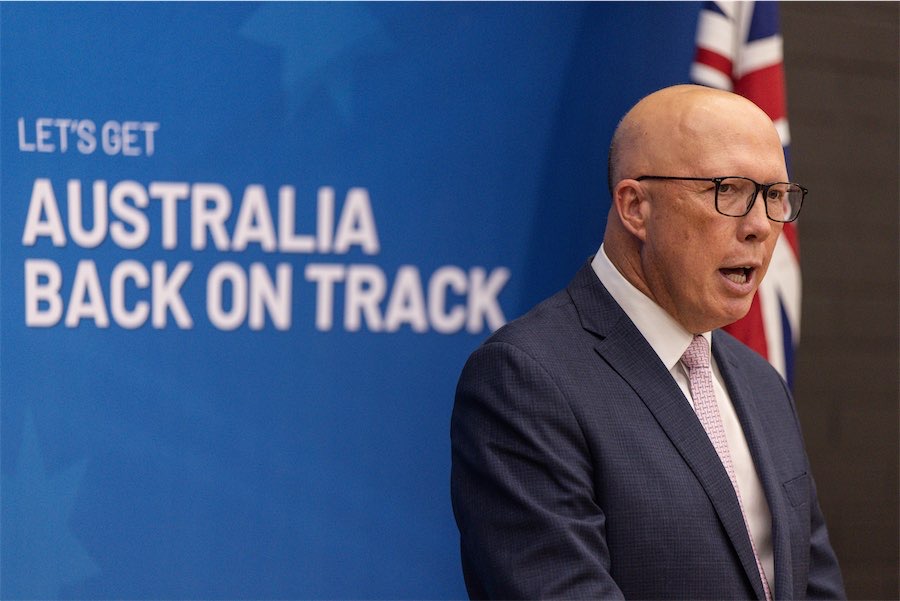THE ACT can run a successful trial of pill testing at a music festival but has failed in another setting to introduce a more significant harm-reduction measure.

Sickness and death associated with the spread of Hepatitis C virus (HCV) is more dire than the consequences of pill popping at a music festival.
Needle-and-syringe programs (NSP) have been operating in Australia for more than 30 years. Many evaluations identify how they reduce blood-borne infections such as HIV and HCV.
The concentration of HCV in the ACT is in the Alexander Maconochie Centre (AMC) – the ACT prison. From there it has the potential to spread into the broader community.
Former chief minister Katy Gallagher recognised the responsibility of government to prevent the spread of any disease and in 2011 announced her intention for the AMC to have an NSP. She understood that around a third of males entering prison and more than half of females were HCV positive and was keen to take action.
The World Health Organization states: “All prisoners have the right to receive health care, including preventive measures, equivalent to that available in the community without discrimination” (WHO 1993). While Australian jurisdictions use health measures such as NSPs in the general community it is appropriate that they be available to prisoners.
Seven years after Gallagher raised the issue, during the week leading to World Hepatitis Day on July 28, it is appropriate to revisit the concept. Unfortunately, progress in Canberra has been stymied by the prison officers’ union. A group of NGOs led by the Australian Injecting & Illicit Drug Users League invited me to deliver the World Hepatitis Day Oration providing an opportunity to put this issue back on the table.
The government of Jon Stanhope wanted an NSP. Gallagher and others recognised that there was already an unregulated NSP operating in the AMC. It was operated by prisoners sharing needles and with a high risk of spreading disease. The Labor Party took its policy on introduction of an NSP in the prison to an election and gained a mandate to implement. As then CEO of the Public Health Association of Australia in 2011, I reported to the government on how to implement the policy.
The first step in the report, Balancing Access and Safety, was the most important. It sought a change to legislation to ensure there was a requirement for an NSP under law. The recommendation stated: “The ACT Corrections Management Act 2007 be amended to require the establishment of a needle-and-syringe program at the AMC”.
Mandating the establishment of such a service was designed to make clear to corrections officers that this was the law.
Corrections officers have one of the hardest jobs in our community and in the overwhelming majority of cases deliver effectively and to the best of their ability. However, it seems to me that it is important to clarify what is legal behaviour and what is not. They work hard, and they should continue to do so, even though they are not very successful in keeping contraband out of the prison. There were 59 syringes seized in 2016-17, begging the question about how many remained in circulation.
However, just as police in the broader community pursue drug crimes, also just touching the tip of the iceberg, they do accept the role of harm-reduction techniques such as pill testing and NSP. It is entirely inappropriate that the prison officers should be the ones making decisions about the spread of disease.
The NSP needs to be legislated – knowing that prison officers will respect the law.
Some argue that the most appropriate course is treatment for people who are HCV positive. Of course, they should be treated and some are. Already more than $7 million has been spent on treatment of HCV individuals within the AMC. With reinfection being a real possibility through a constant turnover of prisoners, this is not enough. Prevention is better (and cheaper) than cure.
As a community it is important to treat those who carry this virus. However, it is also important that we take every action possible to prevent the spread of disease.
Who can be trusted?
In a world of spin and confusion, there’s never been a more important time to support independent journalism in Canberra.
If you trust our work online and want to enforce the power of independent voices, I invite you to make a small contribution.
Every dollar of support is invested back into our journalism to help keep citynews.com.au strong and free.
Thank you,
Ian Meikle, editor





Leave a Reply